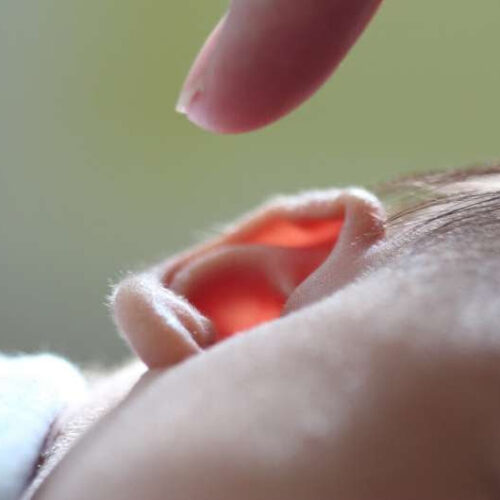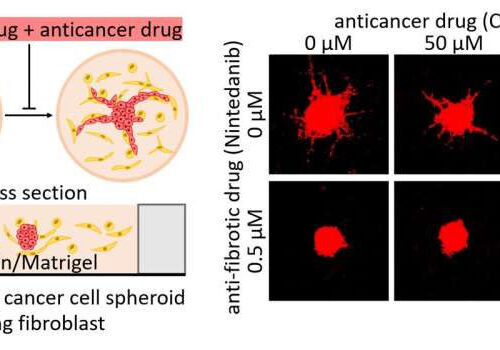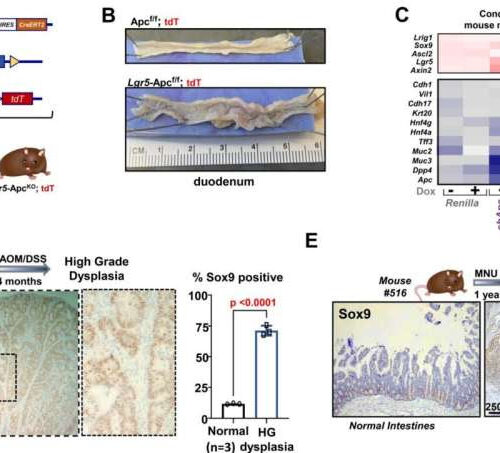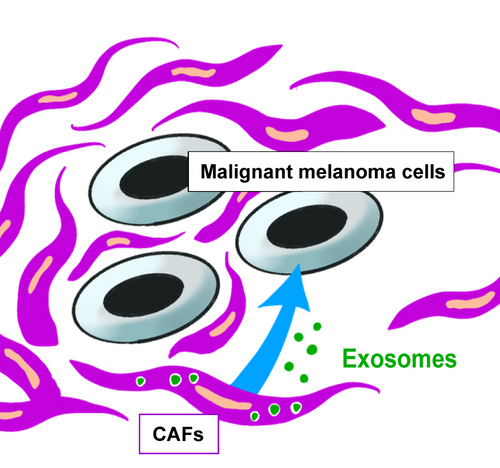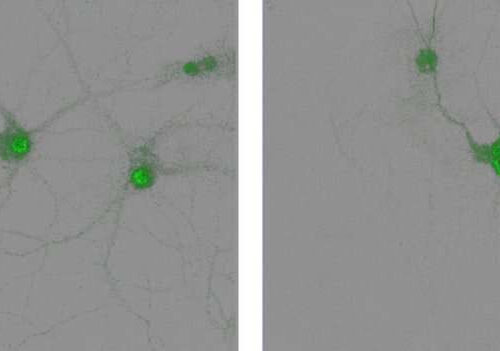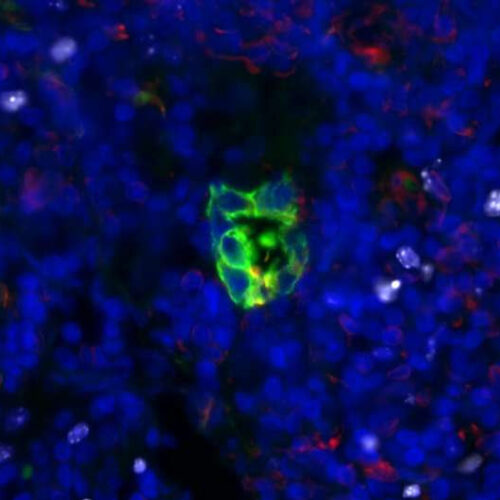by Olivia Dimmer, Northwestern University Credit: Pixabay/CC0 Public Domain The fast motor kinetics of prestin, a protein found in the inner ear, is essential for hearing high-frequency sounds, according to a Northwestern Medicine study published in the Proceedings of the National Academy of Sciences. All mammals, including humans, rely on outer hair cells in the ear’s cochlea to amplify...
Do your headaches happen at the same time of day?
AMERICAN ACADEMY OF NEUROLOGY EMBARGOED FOR RELEASE UNTIL 4 P.M. ET, WEDNESDAY, MARCH 29, 2023 MINNEAPOLIS – Both cluster headache and migraine have strong links to the circadian system, the internal clock that regulates body processes, according to a meta-analysis published in the March 29, 2023, online issue of Neurology®, the medical journal of the American Academy of...
Fibroblast inhibitors assist anti-cancer drugs to suppress cancer growth
by American Institute of Physics A 3D co-culture system mimics the tumor microenvironment for studying the impact of drug combinations. An anti-fibrotic drug, nintedanib, could improve the effect of an anti-cancer drug, cisplatin, to reduce tumor growth and invasion. Credit: Huei-Jyuan Pan Fibroblasts build and maintain the extracellular matrix, or physical scaffolding for cells, in the...
Researchers develop new method to make bone marrow transplants safer and more effective
by University of Missouri Credit: Unsplash/CC0 Public Domain A groundbreaking process developed by researchers based in the Roy Blunt NextGen Precision Health Building is offering new hope in the fight against blood cancers, such as lymphoma and leukemia. A pair of researchers at the University of Missouri School of Medicine have developed a process for marking transplanted...
Sox9 protein enables molecular ‘time travel’ that can lead to colorectal cancer
by Dana-Farber Cancer Institute Elevated expression of Sox9 and reduced expression of differentiation genes in murine models of intestinal neoplasia. A. Diagram showing breeding scheme to achieve Lgr5-Apcf/f-tdT mice for conditional Apc inactivation. B. Representative images showing gross anatomy of duodenal intestines from indicated mice. C. Heat map of intestinal stem cell (red) and differentiation...
Personalized gut microbiome analysis for colorectal cancer classification with explainable AI
by Tokyo Institute of Technology Graphical abstract. Credit: Tokyo Tech The gut microbiome comprises a complex population of different bacterial species that are essential to human health. In recent years, scientists across several fields have found that changes in the gut microbiome can be linked to a wide variety of diseases, notably colorectal cancer (CRC)....
Candidate found to inhibit malignant melanoma growth
Possible early warning sign for skin cancer OSAKA METROPOLITAN UNIVERSITY IMAGE: OSAKA METROPOLITAN UNIVERSITY RESEARCHERS HAVE FOUND THAT EXOSOMES, A TYPE OF SMALL VESICLE, PRODUCED BY CANCER-ASSOCIATED FIBROBLASTS (CAFS) PLAY AN IMPORTANT ROLE IN THE PROGRESSION SKIN CANCER AND ASSESSING THEM COULD BE A USEFUL PROGNOSTIC FACTOR OF MALIGNANT MELANOMA. CREDIT: NAHO FUJII, OSAKA METROPOLITAN...
New mouse study reveals a key process in how the brain forms memories
by UC Davis The left panel shows PDE4D5 in the nucleus of hippocampal neurons. The right panel shows PDE4D5 in the cytoplasm of hippocampus neurons after activation of an adrenaline receptor. Credit: University of California The process by which memories are formed in the hippocampus region of the brain is complex. It relies on a...
Scientists identify cellular signaling pathway as key player in metastasis
by Memorial Sloan Kettering Cancer Center A quiescent cluster of lung adenocarcinoma tumor cells from a patient’s lymph node shows low STING expression. Credit: Massagué Lab, Sloan Kettering Institute. A team of scientists at the Sloan Kettering Institute have identified the STING cellular signaling pathway as a key player in keeping dormant cancer cells from...
Bacterial Toxin May Trigger Multiple Sclerosis Onset and Relapse
Summary: Findings reveal a toxin-producing gut bacteria may be responsible for triggering the onset of multiple sclerosis and play a significant role in the progression of the disease. Source: Cornell University A specific toxin-producing gut bacteria may be responsible for both triggering the onset of multiple sclerosis (MS) and ongoing disease activity, according to a new study...

